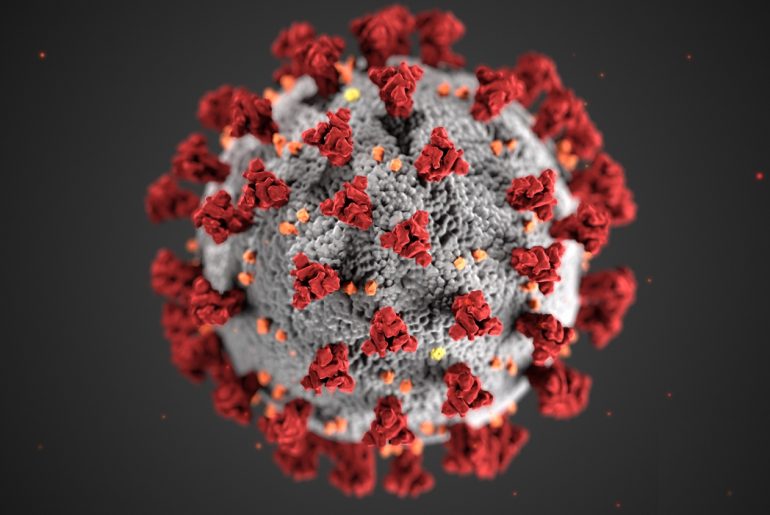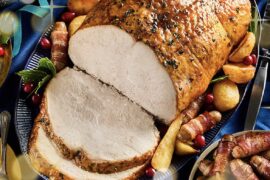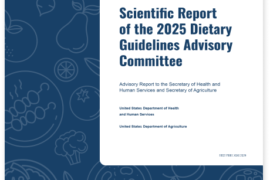The reimposition of lockdown measures in England to curtail the spread of SARS-CoV-2 (novel coronavirus) and the increase in Covid-19 cases could be the final “nail in the coffin” of many food manufacturers supplying the out-of-home market, according to Richard Harrow, chief executive of the British Frozen Food Federation (BFFF). It is believed that the latest national lockdown – which includes schools and designated “non-essential” businesses – could last at least through March, though there is some hope that some restrictions might be relaxed sooner.
“We can’t predict with certainty that we’ll be able to lift restrictions the week commencing the 15 to 22 [February]. What we will be doing is everything we can to make sure that as many people as possible are vaccinated so that we can begin progressively to lift restrictions,” Cabinet Officer Minister Michael Gove told Sky News on January 5. “I think it’s right to say that, as we enter March, we should be able to lift some of these restrictions – but not necessarily all.”
BFFF’s Harrow said that with the reimposition of severe lockdown measures, food manufacturing businesses need long-term government support in the form of business rate relief and more flexibility about paying NIC contributions and VAT payments to HMRC.

“The third English national lockdown, plus restrictions in the UK’s other nations, will be devastating for our members supplying the out-of-home market and they are facing a bleak winter,” stated the chief executive. “When similar measures were introduced in April of last year, members supplying the out-of-home market [restaurants, caterers, institutions and other foodservice specialists], reported drops in turnover of more than 70%. Back then they had some cash reserves to fall back on, but these have now been spent.”
Harrow continued: “I have written to Environment Secretary George Eustace, explaining many of the ‘squeezed middle’ are often successful family-owned SMEs, supplying the hospitality and foodservice sectors, and are now facing collapse. Support for this important sector is vital to ensure they continue to manufacture and supply world leading products, making the market so dynamic and vibrant. Their continued existence will be critical as the economy starts to recover.
“Those businesses in the ‘squeezed middle’ have not been given the same level of Government assistance as the businesses they supply, despite being as hard hit by the restrictions. The Government needs to ensure that targeted support is provided to ensure these companies survive the winter and are able to bounce back, when the economy starts to recover with the roll out of vaccination.”
Meanwhile, the UK’s Office of National Statistics (ONS) estimates that one in 50 people residing in private households in England, or over 1.1 million people, were coping with coronavirus symptoms during the week ending Jan. 2, 2021. The total does hot include patients in hospitals or those living in care homes or institutional quarters.






